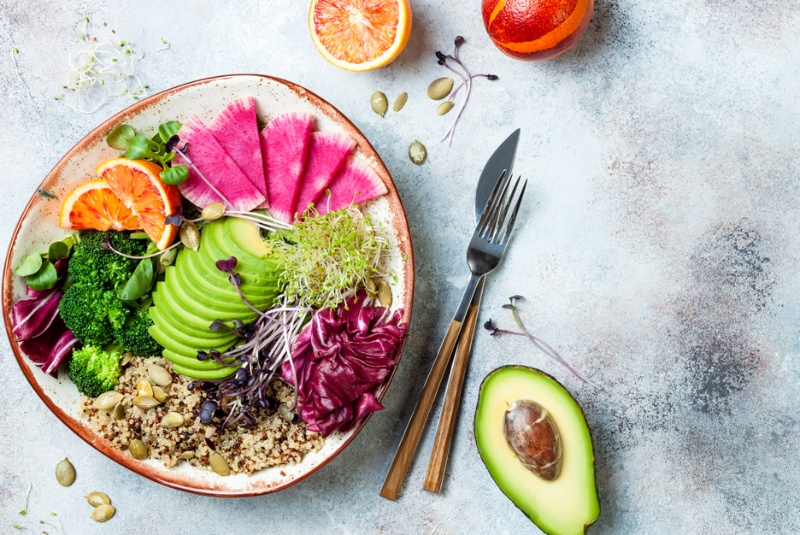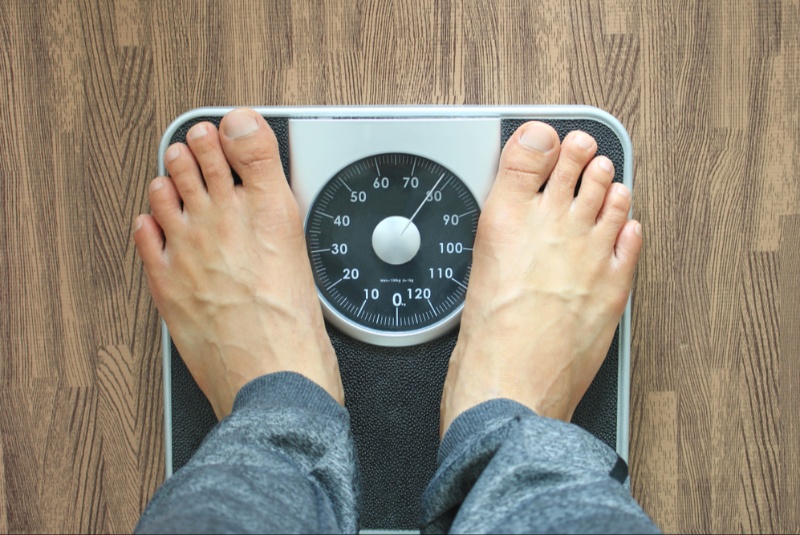In today's fast-paced world, finding time for healthy eating can seem like a daunting task. With tight schedules that include work commitments, family responsibilities, and social engagements, prioritizing nutrition often takes a backseat. However, maintaining a healthy diet is essential for sustaining energy levels, improving mood, and preventing long-term health issues. This guide provides practical tips for integrating nutritious eating habits into your busy lifestyle, ensuring that health remains a priority even when time is scarce.
Planning and Preparing Meals in Advance
One of the most effective strategies for eating healthy on a tight schedule is meal planning and preparation. Dedicate a few hours each week to plan your meals, grocery shop, and prepare ingredients in advance. Batch cooking and preparing versatile ingredients can save significant time during the week. For instance, cooking a large batch of quinoa or roasting a variety of vegetables on Sunday can provide a base for multiple meals throughout the week. Investing in quality containers for storing prepped ingredients and complete meals can also streamline your meal prep process, making it easier to grab healthy options on the go.
Choosing Quick and Nutritious Options
For those days when meal prep isn't possible, having a repertoire of quick, nutritious options is key. Stock your pantry, fridge, and freezer with healthy staples that can be combined to create balanced meals in minutes. Items like canned beans, whole grain pasta, frozen vegetables, and pre-cooked proteins can be lifesavers. Additionally, mastering a few simple recipes that can be made in 15 minutes or less ensures that you can always put together a healthy meal quickly. Look for recipes that require minimal ingredients but deliver maximum nutrition, such as stir-fries, salads, and wraps.
Leveraging Technology for Healthy Eating
Technology can be a powerful ally in your quest for healthy eating on a tight schedule. Numerous apps and online resources offer meal planning tools, healthy recipe suggestions, and even grocery delivery services to save you time. Utilizing meal planning apps can help you organize your weekly meals efficiently, while grocery delivery services can eliminate the time spent shopping. Furthermore, many apps provide nutritional information and tracking features, allowing you to monitor your dietary intake and make informed choices about the foods you consume.
Smart Snacking Strategies
Snacking can either be a pitfall or a lifeline when it comes to eating healthy on a busy schedule. Choosing the right snacks can keep your energy levels steady and prevent overeating at meal times. Prioritize snacks that combine complex carbohydrates with protein and healthy fats for sustained energy. Examples include apple slices with almond butter, Greek yogurt with berries, or whole grain crackers with hummus. Pre-portioning snacks and keeping them readily accessible can prevent mindless eating and help you stay on track with your nutrition goals.

Staying Hydrated
Hydration plays a crucial role in maintaining overall health, yet it's often overlooked amidst a busy schedule. Drinking adequate water throughout the day can improve focus, energy levels, and digestion. To ensure you're staying hydrated, carry a reusable water bottle with you and set reminders to drink regularly. Infusing water with fruits or herbs can make it more appealing and encourage you to drink more. Additionally, being mindful of beverages that can contribute to dehydration, such as those high in caffeine or sugar, is important for maintaining optimal hydration levels.
Embracing Flexibility in Your Diet
Adopting a flexible approach to your diet can significantly enhance your ability to eat healthily on a tight schedule. Life is unpredictable, and there will be times when even the best-laid meal plans fall through. In these moments, it’s important to have a backup plan that doesn’t derail your healthy eating efforts. Flexibility might mean having a list of healthy takeout options for days when cooking isn’t feasible or allowing yourself to enjoy a less-than-ideal meal without guilt. Embracing flexibility helps to reduce stress around food choices and supports a more sustainable, long-term approach to healthy eating.
Educating Yourself on Nutritional Basics
A basic understanding of nutrition can empower you to make healthier food choices quickly and confidently. Familiarizing yourself with the fundamentals of macronutrients (carbohydrates, proteins, and fats) and how they impact your body can guide your meal planning and snacking decisions. Knowing, for example, that protein can help keep you feeling full longer can encourage you to include a protein source in each meal or snack. Additionally, understanding which foods are rich in vitamins, minerals, and fiber can help you prioritize these in your diet. Education doesn't mean you need to become a nutrition expert overnight but having a solid foundation can make healthy eating more intuitive and less time-consuming.
Creating a Supportive Environment
The environment you create in your home and workplace can significantly influence your eating habits, especially when time is limited. Make your environment conducive to healthy eating by stocking your kitchen with nutritious foods and keeping unhealthy temptations to a minimum. At work, bring healthy snacks to keep in your desk drawer or office fridge. If you frequently eat out due to a tight schedule, research and identify restaurants or cafes that offer healthy options. Surrounding yourself with healthy choices makes it easier to eat well, even when you're pressed for time. Creating a supportive environment also includes involving family members or roommates in your healthy eating plan, making it a collective effort rather than a solo endeavor.
Eating healthy on a tight schedule requires intentionality and preparation but is well within reach with the right strategies. By planning and preparing meals in advance, choosing quick and nutritious options, leveraging technology, implementing smart snacking strategies, and staying hydrated, you can maintain a healthy diet even amidst the busiest lifestyles. Remember, the goal is progress, not perfection. Small, consistent efforts toward eating healthier can lead to significant long-term benefits for your well-being.




